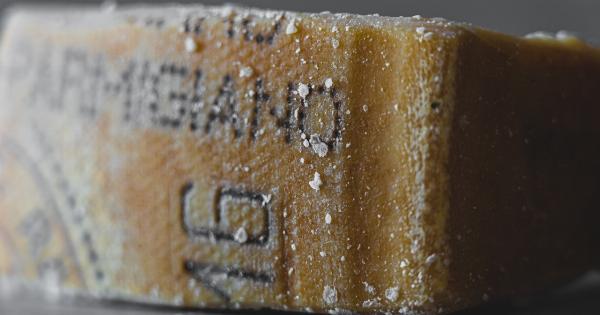Kidney disease is a common ailment that affects millions of people worldwide. The kidneys are a crucial organ that performs vital functions such as blood filtration, removing waste products, and regulating electrolyte balance.
When the kidneys fail to function optimally, waste products and fluids accumulate in the body leading to numerous health complications.
Fortunately, research has shown that diet plays a significant role in preventing and managing kidney disease. In this article, we’ll explore how you can prevent kidney disease through diet.
1. Reduce salt intake
Sodium, commonly found in table salt, is an essential mineral required for bodily functions. However, when we consume excess sodium, the kidneys have to work extra hard to flush out the excess salt.
This, in turn, results in an increased risk of kidney disease.
To prevent this, adult men and women should consume not more than 6g of sodium per day. You can reduce your salt intake by avoiding processed foods, takeouts, and opting for fresh foods instead. Also, use other herbs and spices to flavor your meals.
2. Limit protein intake
Protein is essential for the body, but the kidneys have to work extra hard to flush out the waste products resulting from protein metabolism. Therefore, a high protein diet can strain the kidneys.
If you already have kidney disease, your doctor might advise you to limit your protein intake.
If you are healthy, however, you don’t have to eliminate protein from your diet entirely. Instead, you can opt for lean proteins such as fish, chicken, and other poultry, and limit your intake of red meat and processed meats.
3. Drink plenty of water
Water is critical for the optimal functioning of the kidneys. Drinking enough water helps to flush out toxins and waste products from the body, reducing the risk of kidney disease.
Experts recommend drinking at least six to eight glasses of water per day.
If you have kidney disease, your doctor might recommend a specific amount of water you should drink to avoid overloading your kidneys with fluids.
4. Eat a healthy diet
Eating a healthy, balanced diet is crucial in preventing kidney disease. A diet rich in fruits, vegetables, whole grains, and lean proteins provides essential nutrients that help to keep the kidneys healthy.
Additionally, these foods help to maintain a healthy weight, reducing the risk of conditions such as hypertension and diabetes that can damage the kidneys.
5. Avoid excess alcohol and smoking
Smoking and drinking excessive amounts of alcohol can damage the kidneys and increase the risk of kidney disease. Avoiding or reducing alcohol intake and smoking helps to keep the kidneys healthy.
6. Avoid foods high in phosphorus
Phosphorus is an essential mineral that plays a crucial role in the body. However, excessive phosphorus intake can result in kidney damage.
Foods that are high in phosphorus include dairy products and processed foods such as meats, canned foods, and fizzy drinks.
If you have kidney disease, your doctor might recommend limiting your intake of phosphorus and opting for phosphorus-free foods instead.
7. Reduce sugar intake
Consuming excess sugar can increase the risk of kidney disease. High sugar intake can lead to conditions such as obesity, hypertension, and diabetes, which can in turn damage the kidneys.
To reduce sugar intake, avoid sugary snacks and beverages, and opt for whole fruits instead of fruit juices.
8. Watch your potassium intake
Potassium is an essential mineral that plays a crucial role in numerous bodily functions. However, high levels of potassium can result in complications such as hyperkalemia, which can damage the kidneys.
If you have kidney disease, your doctor might recommend limiting your potassium intake.
Some of the foods that are high in potassium include bananas, avocados, spinach, and tomatoes. If you are healthy, however, you don’t have to eliminate these foods completely, but rather ensure that you consume them in moderation.
9. Avoid excessive use of painkillers
The excessive use of painkillers such as ibuprofen, acetaminophen, and aspirin can damage the kidneys, especially if you have an underlying kidney condition.
Avoid self-medication and ensure that you only use painkillers as directed by your healthcare provider.
10. Get regular kidney function tests
Kidney function tests are essential in detecting and preventing kidney disease. These tests help to determine if your kidneys are functioning optimally or if there are any underlying conditions that require treatment.
Ensure that you get regular kidney function tests if you are at risk of kidney disease.
Conclusion
The kidneys play an essential role in maintaining optimal health.
While some individuals might be predisposed to kidney disease due to genetics or underlying conditions, adopting a healthy lifestyle and diet can go a long way in preventing kidney disease. Ensure that you eat a healthy, balanced diet, avoid excessive alcohol and smoking, and get regular kidney function tests to keep your kidneys healthy.






























